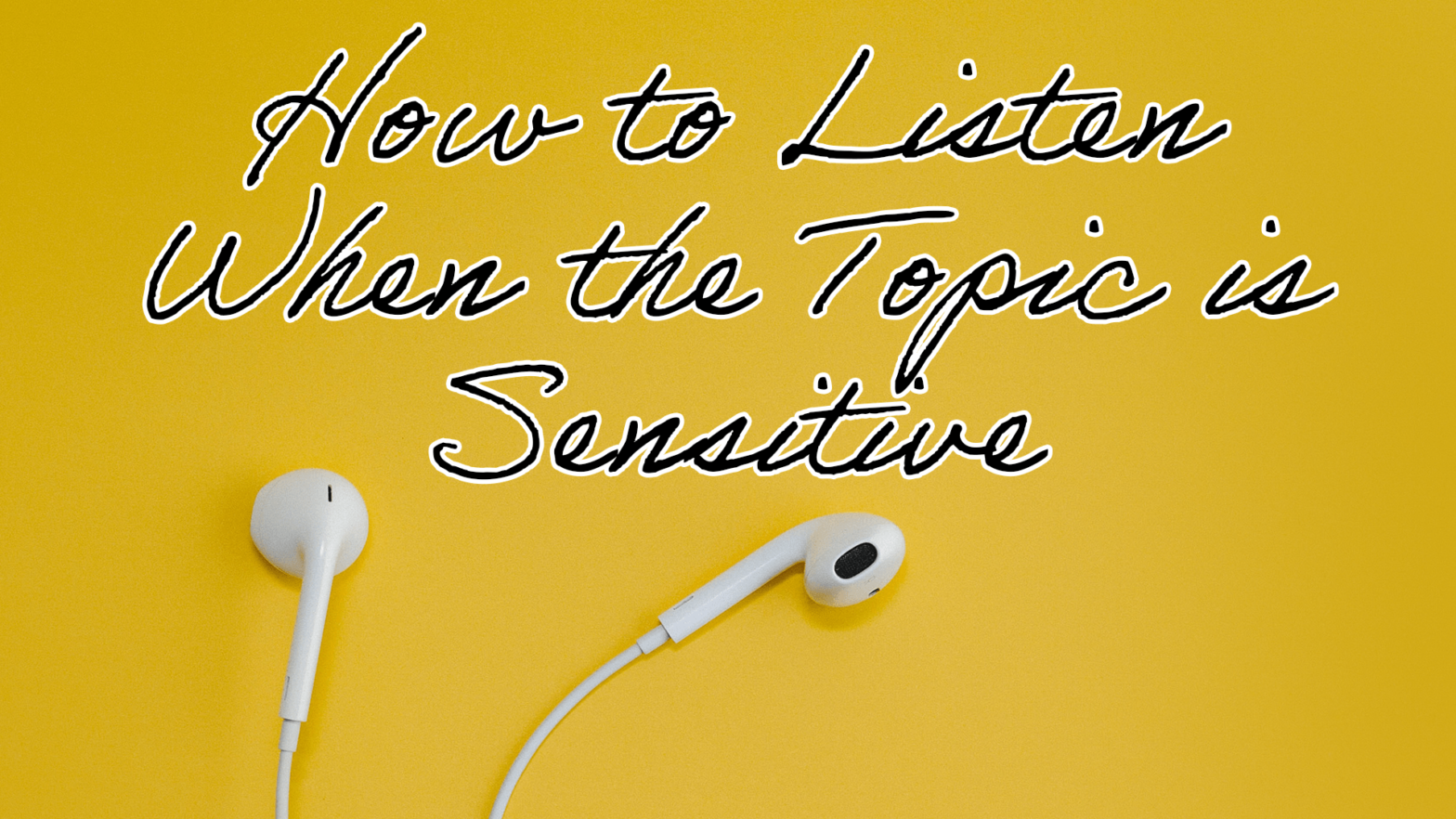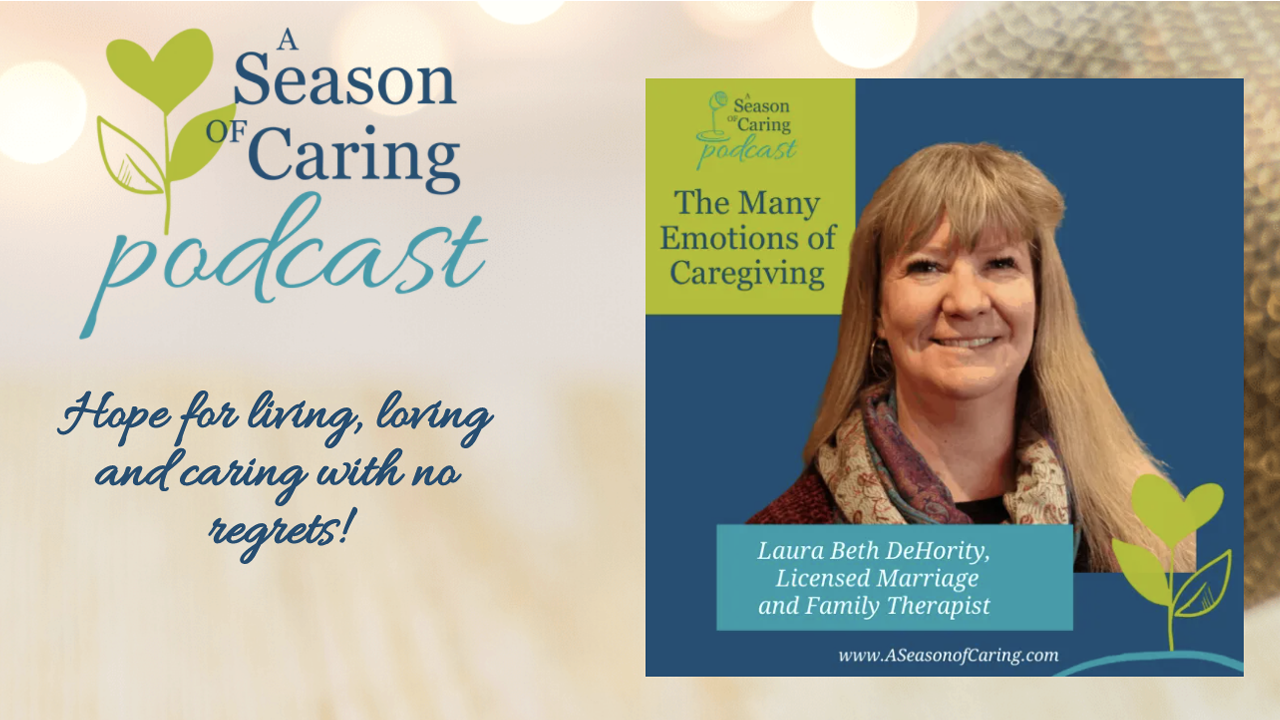This post originally appeared on helponechild.org Undoubtedly, kids everywhere are sad right now. For most kids, this doesn’t look like tears but more likely presents as anger, frustration, tiredness, numbness, displaced frustration and boredom. Does any of this sound familiar? It may sound like something you are hearing from your high-needs child, another child in… Continue reading Coping with Covid: How to make the most of your time at home with high needs children
Blog
Creating Safety as Conversations Hit Previously Uncharted Waters
Up to now, we have learned what a crucial conversation looks like and the skills to contain the dialogue to the point where everyone has safety with a difficult subject. Now, we have the difficult subject to contend with, so what do we do to keep from going back to the same emotionally charged dialogue… Continue reading Creating Safety as Conversations Hit Previously Uncharted Waters
How to Listen When the Topic is Sensitive
Encourage others to share by being a good listener:o Be sincere by using verbal and nonverbal communication that shows that you are asking questions that you want to hear the answer too Ask thoughtful questionso Show patience and persistence by staying curious when it would be easier to either retreat or become aggressiveo Ask follow up questions to keep… Continue reading How to Listen When the Topic is Sensitive
How to Talk about Sensitive Topics in order to be Heard
Before you speak, avoid making assumptions that will create feelings of anxiety, stress, and may cause us to attack or avoido Assumption that bringing up a controversial topic will turn other participants into adversarieso False: The only way to keep peace is to silently accept that other person’s opiniono False: Assumption that being honest does not care for the emotions… Continue reading How to Talk about Sensitive Topics in order to be Heard
Talking and Listening: A Tried and True Recipe for Successful Conversations in Challenging Times
It’s their story so hear them out: Be curious Be loving Be patient Don’t interrupt Feel their feels Avoid the urge to fix it It’s your story to be heard so tell it skillfully Give the truth, the whole truth, and nothing but the truth This is how I view what happened… This is what… Continue reading Talking and Listening: A Tried and True Recipe for Successful Conversations in Challenging Times
Turning Dreaded Dialogue Into Constructive Conversation
What in the world is Going On? Elements of an Emotionally Charged Dialogue:· People think differently· What is being talked matters a lot to at least one person· At least one person is feeling very emotional· The outcome of the conversation really matters Possibilities:· Say nothing and suffer in silence· Speak up and make poor decisions· Have a skillful conversation Skillful conversation· Each… Continue reading Turning Dreaded Dialogue Into Constructive Conversation
Depression and the COVID-19 Crisis
For so many of us, the world has changed a lot since the beginning of March. In some ways, we have found some down time, time to try a new recipe, clean a closet, try a new workout, or take some online classes. For others, this time has been marked by less connection with people, places and… Continue reading Depression and the COVID-19 Crisis
The Many Emotions of Caregiving
Caregiving is filled with many emotions. Rayna Neises , of a Season of Caring, talks with Laura Beth DeHority, a Licenced Marriage and Family Therapist, who specializes in supporting caregivers. Emotions are a big part of caregiving but often a silent part. Laura Beth shares about the many emotions experienced by caregivers and what… Continue reading The Many Emotions of Caregiving
3 Parts of Your Brain and the Covid-19 Crisis
In order to process information in the healthiest way, we will start with an oversimplified but hopefully memorable explanation of the Three parts of the brain: Old brain/reptile brain: From infancy Tied to most basic needs Tied to somatic symptoms Primitive feelings of safety Freeze Subconscious/Unconscious Mid-brain/chimp brain: Positive emotions-Loyalty, Attachment, Trust, Self Reliance Negative… Continue reading 3 Parts of Your Brain and the Covid-19 Crisis
Experiencing Grief as a Caregiver
We don’t usually think of grief and loss as something that caregivers face. While it’s not the same as bereavement, it follows the same stages on an ongoing basis. Learn the different stages of grief as they apply to caregivers and the movement from those stages into acceptance, which helps the brain to heal from overwhelm.










